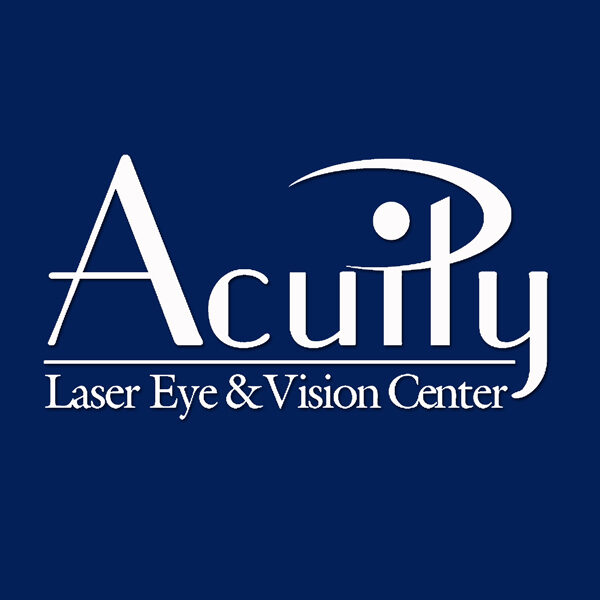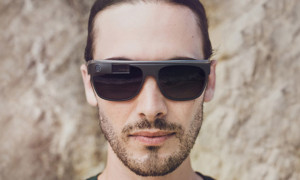Acuity Laser Eye & Vision Center provides each patient with a pair of wrap around style UV protection dark tinted sunglasses for use following their laser vision correction procedure. These are the best style to protect your eyes from exposure to sunlight in the critical weeks just following surgery. Although these sunglasses are excellent protection, you may choose to purchase another pair that’s more your own style and feel more comfortable wearing.
If you’re doing some research and shopping for sunglasses prior to your laser vision correction procedure, here are three tips to keep in mind:
- If you are an active individual and spend a lot of time near water; pools, lakes, streams or the ocean, we recommend polarized lenses that reduce the impact of reflected light and glare caused by sunlight reflected off of shiny surfaces.
- Select darker lenses to protect your eyes from UV radiation. Black tinted lenses are best and if you can clearly see your own reflection in a mirror when you wear them, they are probably not dark enough to provide adequate protection.
- Really wear your sunglasses! If it takes choosing a stylish pair or keeping an extra pair in your glove compartment or backpack invest in that insurance that you are really protecting your eyes from sun damage when you are outdoors.
The Reasons Why You Need Sunglasses When You’re Outdoors
By Gary Heiting, OD
Many misconceptions exist about the right
sun protection for your eyes. Keep these
tips in mind:
• Not all sunglasses block 100 percent of UV rays. If you’re unsure about the level of UV protection your sunglasses provide, take them to your eye doctor or optician for an evaluation. Many eye care professionals have instruments such as spectrophotometers that can measure the amount of visible light and UV radiation your lenses block.
• Almost all sunglasses block a portion of HEV rays, but some tints block more blue light than others. Blue-blocking sunglass lenses usually are bronze, copper or reddish-brown in color.
• Remember to wear sunglasses even when you’re in the shade. Although shade reduces your UV and HEV exposure to some degree, your eyes still will be exposed to UV rays reflected from buildings, roadways and other surfaces.
• Sunglasses are important especially in winter, because fresh snow can reflect 80 percent of UV rays, nearly doubling your overall exposure to solar UV radiation. If you ski or snowboard, choosing the right ski goggles is essential for adequate UV protection on the slopes.
• Even if your contact lenses block UV rays, you still need sunglasses. UV-blocking contacts shield only the part of your eye under the lens. UV rays still can damage your conjunctiva and other tissues not covered by the lens.
 • Wearing sunglasses protects these delicate tissues and the skin around your eyes from UV damage.
• Wearing sunglasses protects these delicate tissues and the skin around your eyes from UV damage.
• If you have dark skin and eyes, you still need to wear sunglasses.
• Although your dark skin may give you a lower risk of skin cancer from UV radiation, your risk of eye damage from UV and HEV rays is the same as that of someone with fair skin.
You need not fear the outdoors and sunny days, as long as you are equipped with the right eye and skin protection to reduce your UV exposure.
Read original article: http://www.allaboutvision.com/sunglasses/spf.htm




Comments are closed